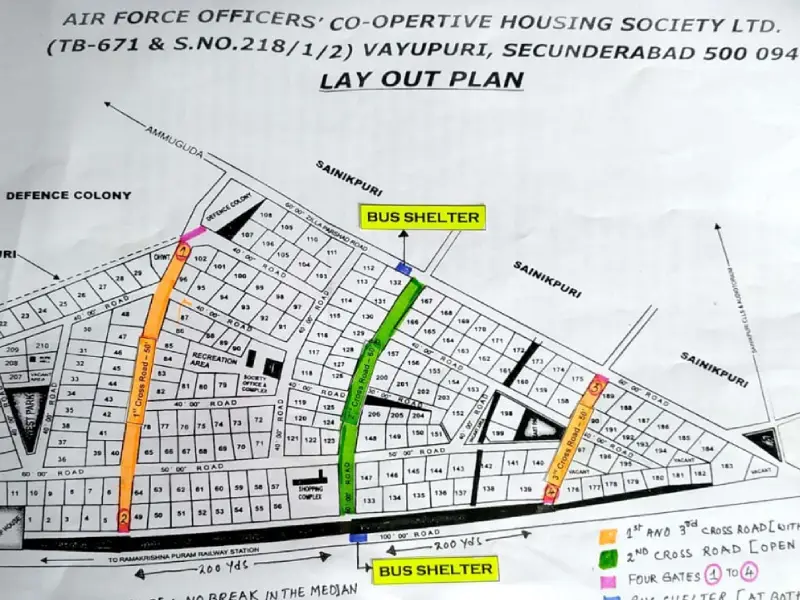How Vayupuri, an old soldiers home dealt with COVID-19 pandemic ?
By TJ Reddy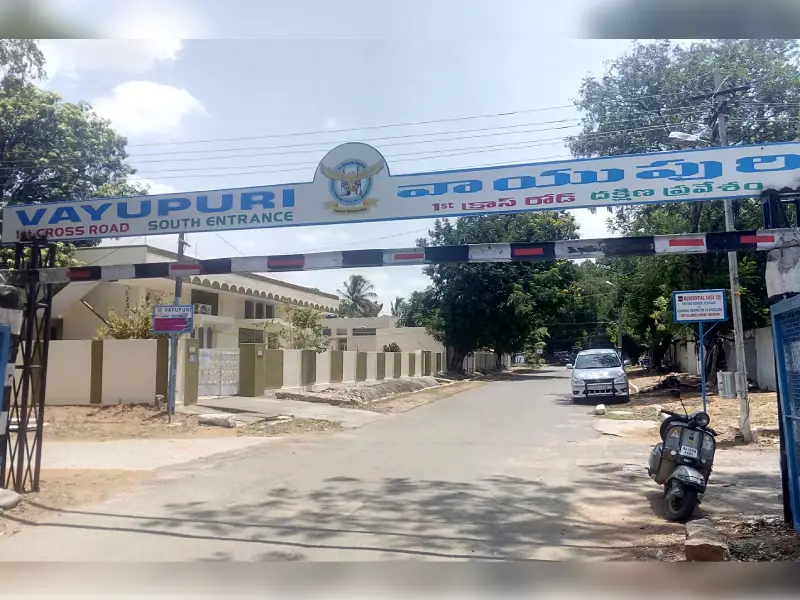
Hyderabad: Nestled between Neredmet and A S Rao Nagar on the road towards ECIL, lie the unusual residential colony of Vayupuri. It has leafy tree-lined roads and is dotted with parks.
Vayupuri is, in fact, a co-operative housing society founded to house Air Force officers in the 1960s. Developed, almost by their bootstraps, by the efforts of pioneering residents - who subjected themselves to great physical and financial strain and effort, to build homes here at a time when it took some effort just to travel to this then out-of-the-way location, with its minimal municipal services - it has developed into a genuinely pleasant, desirable residential area. In early morning and evening hours, its roads host numerous walkers, joggers, and dog-walkers from other colonies, so attractive is its ambiance.
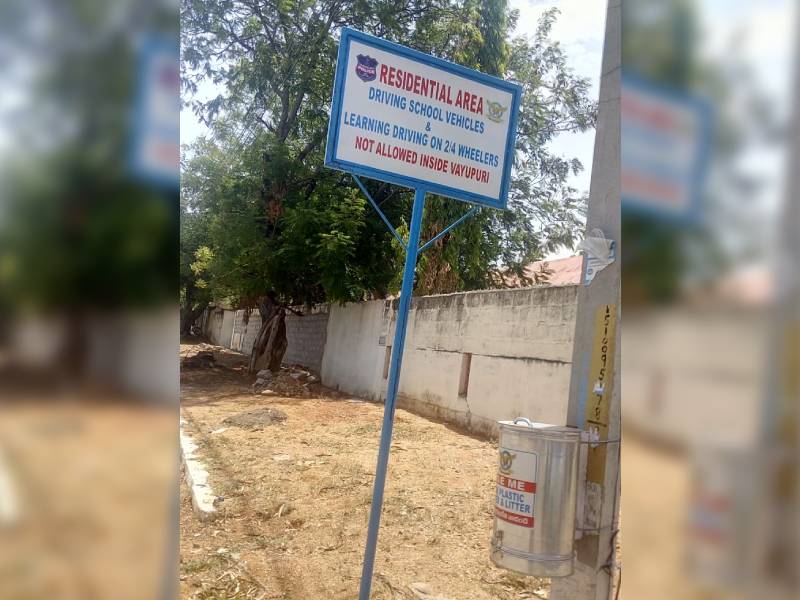
It remains unmistakably a retired military community. Many of its residents, now aged aging and greying, unassuming and completely unknown to most neighboring areas, have hair-raising untold stories of exploits in war, and during peacetime emergencies. Vayupuri residents include the only living Mahavir Chakra recipient from the Telugu states.
For their retirement, these old soldiers have taken effective Swachh initiatives, and run effective sanitation and security services, including a Community CCTV system funded entirely by residents. They also contribute to environmental efforts in the wider neighborhood. Today, this housing co-operative, made up of 80% senior citizens, a quarter of them octogenarians, mostly with children overseas or in other cities, manage its affairs with an effectiveness that would be admired even among young professionals. They have received Best Colony awards and pursued ISO certifications in recent years.
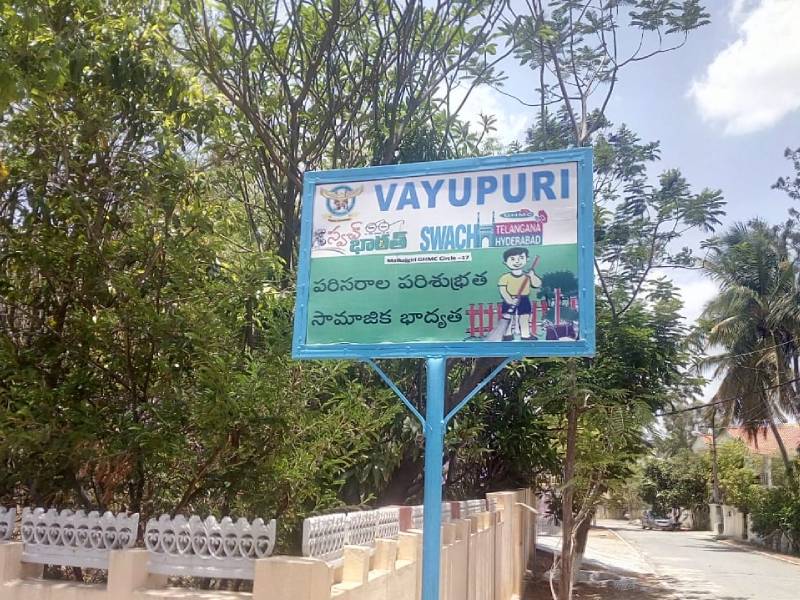
When the COViD-19 pandemic broke out, Vayupuri undertook additional welfare measures. It organized a regular weekly sale of vegetables and fruits of its own with different vendors, actively managed with masks, sanitizer dispensers, and marked-out spacing. It provided free ration kits to casual employees, nurseries, and security personnel. It also supported the state Red Cross Society in distributing immunity-enhancement medication to its residents. Besides, they support their oldest residents though the many daily essential tasks that have become more difficult during the Lockdown. In conformance with city police ideas around the Safe Colony concept, they support close monitoring of traffic and pedestrians.
In the years since the colony was first established, other colonies have sprung up to surround it including informal settlements on Bhoodan land which have been regularised as the city has grown. As a result, Vayupuri’s roads were being used as thoroughfares, by vehicles driven at highway speeds, and by pedestrians simply seeking out its ambiance. This traffic growth has put at risk its residents.
As the Neredmet-ECIL road has been widened, the police were forced to lay out a median that separated Eastbound and Westbound traffic. A few years ago they went further and closed the gaps in the median, which corresponded to the three major internal roads of the colony. As a result, the internal roads are no longer the shortest routes to anywhere. In fact, for traffic coming from the North of Vayupuri, use of the internal roads necessitates a compulsory turn to the left, on reaching the Neredmet-ECIL road (two-wheelers however sometimes turn right, which means they are driving for a kilometer or more on the wrong side of the road), followed by a u-turn at the Mahatma Jyoti Rao Phule statue Y-junction if they are headed towards Tirumalagiri or into the city. The internal roads, in short, are no longer short-cuts.
As the traffic pattern has changed - or at least, should change, if traffic obeys the rules of the road - it has become possible to consider reducing the use of colony roads as through roads. Besides, by experimenting with restricting through traffic on some of the internal roads during the current Lockdown period, while leaving the broadest roads open, the colony has seen other benefits. These have included enhanced infection prevention for its residents, as well as improvements in the safety of its own aged and aging residents, and the safety of women.
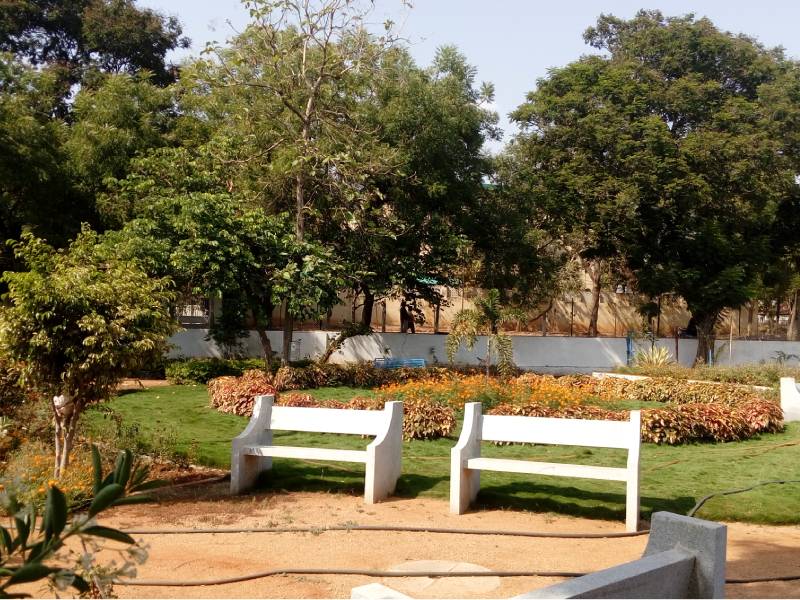
By its exemplary efforts and its active management of its affairs, the Air Force Officers’ Co-operative Housing Society at Vayupuri has, for nearly sixty years, significantly improved the safety, security, and quality of life of its residents, and indirectly of neighboring colonies. The Lockdown has, far from hampering their efforts, provided opportunities for them to continue helping themselves, as effectively as during their years of service they helped their fellow Indians. Their years in service were admirable; in their retirement, they are proving no less so. They are an asset to the area and should be supported as they deserve.
